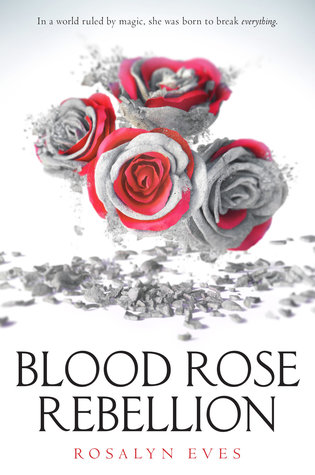Inspiration is a funny thing. It can come to us like a lightning bolt, through the lyrics of a song, or in the fog of a dream. Ask any writer where their stories come from and you’ll get a myriad of answers, and in that vein I created the WHAT (What the Hell Are you Thinking?) interview. Always including in the WHAT is one random question to really dig down into the interviewees mind, and probably supply some illumination into my own as well.
Today's guest for the WHAT is Kate Watson is a young adult writer, wife, mother of two, and the tenth of thirteen children. Originally from Canada, she attended college in the States and holds a BA in Philosophy. Seeking Mansfield (Flux) is her first novel, with a companion to follow. She is also a contributor to Eric Smith’s WELCOME HOME adoption anthology (along with Mindy!) coming fall of 2017 from Flux.
You can find Kate on her site, Facebook & Twitter.
Ideas for our books can come from just about anywhere, and sometimes even we can’t pinpoint exactly how or why. Did you have a specific origin point for your book?
I’m a Jane Austen fanatic, and a few years ago, I was rereading Mansfield Park and thinking about how it doesn’t translate to the modern era like Austen’s other works do. The main character, Fanny Price, doesn’t make a lot of sense to modern readers (not to mention the whole cousins in love thing, which is pretty tough to get over in any era, because ew). So as I was rereading the book, I kept wondering how it could be updated to resonate with a 21st Century audience. SEEKING MANSFIELD is my attempt to modernize this much-overlooked classic.
Also, full disclosure: Henry Crawford is one of my favorite Austen men. There’s a distinct possibility that I simply wanted to write (modern) Henry Crawford fan fiction.
Once the original concept existed, how did you build a plot around it?
Retelling anything is tricky, because you get one camp of readers wanting the story to follow the original, and you get another camp wanting something fresh. So before I wrote the plot, I knew I needed to understand my characters, independent of their Austen correlatives. I spent a lot of time researching them and getting to know them. After that, I figured out how my story needed to end, and I outlined some major plot points that I thought would get me there. I wrote the first draft of SEEKING MANFIELD with Mansfield Park right beside me for direction. But after that first draft was done, I closed the original and edited and made copious changes based on my characters and their individual arcs.
Have you ever had the plot firmly in place, only to find it changing as the story moved from your mind to paper?
I can’t say I ever have a plot firmly in place. I’m a destination writer—I always know how the story will end (and I’ve yet to be surprised by an ending). But I rarely know how it will happen, even though I create decent outlines in advance of any project. I love doing research, and it’s often in the course of researching something that I realize the story needs to take a different direction than expected, because that research helps me uncover more about my characters. I’m incapable of forcing a plot on my characters. They really run the show.
Do story ideas come to you often, or is fresh material hard to come by?
Ideas come to me pretty often, sometimes when I’m doing something productive, like reading, but frequently when I’m occupied with mundane tasks, like showering or doing dishes (it should be noted that I never get ideas while folding laundry, because folding laundry is evil and inherently uninspiring). Recently, I even had a dream that ended up being a surprisingly fleshed out, John Green-esque novel. My dreams are typically absolute nonsense, like Freddy Kruger living in my closet, but he’s like a nice Freddy Kruger and he cries when I tell him to leave me alone so I can sleep, and stuff (not kidding on that one, btw). But this idea was solid enough that I actually wrote it down. We’ll see if it makes it into the rotation someday.
How do you choose which story to write next, if you’ve got more than one percolating?
Anytime I get an idea, I jot everything down that comes to me about it, and then I return to whatever else I’m working on at the time. My mind ruminates on those ideas in the background until there’s sort of a survival-of-the-fittest/fight club moment and one wins out. It’s all very violent, and sometimes I feel bad for those poor ideas that got bludgeoned and left for ruin in my brain. But that’s evolution, you know?
Writing can be completely exhausting. Like riding in a car, there’s no reason why but it totally drains me physically. I usually take a nap if I’ve been writing for more than an hour. Do you have to recharge after a writing session?
Writing is all about momentum for me. If I haven’t written for a while, it’s really hard to get back in the habit. But if I’m in author-mode, writing acts like a jolt of caffeine. When I’m on a roll, I’ll find that I start writing at 9 PM and can easily go till 1 AM without batting an eye. In those instances, I have a hard time shutting my brain off because I’m so eager to live in the story.


